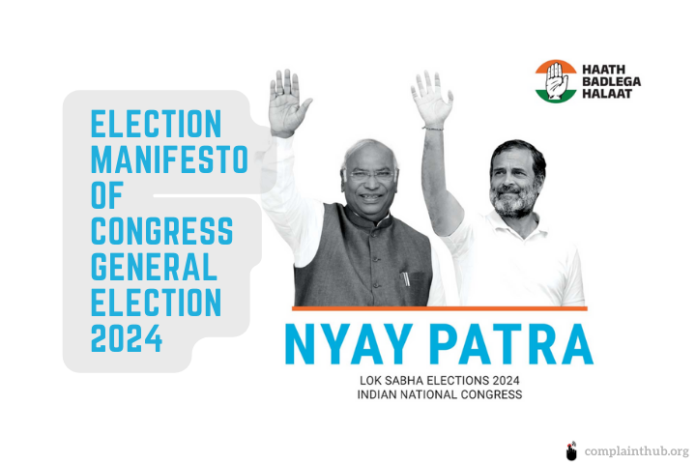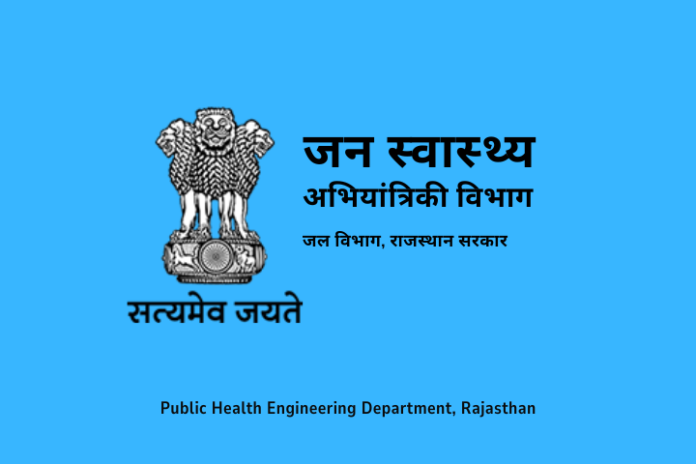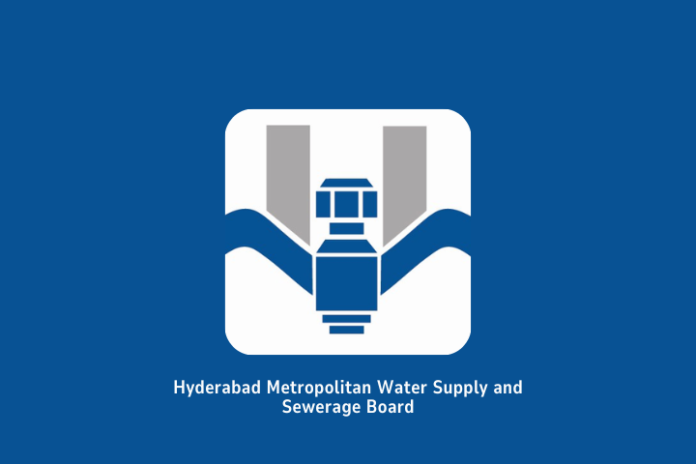The Consumer Protection Act of 2019 (CPA 2019) represents a significant step in strengthening consumer rights in India. This recent legislation replaces the previous Consumer Protection Act of 1986, expanding its scope and introducing new provisions to address the challenges of a rapidly growing consumer landscape. As a consumer, understanding this law is important in protecting yourself against unfair practices and ensuring your rights are upheld.
Who is a ‘Consumer’?
The CPA 2019 broadly defines a ‘consumer’ as anyone who:
- Buys any goods for consideration (includes offline and online purchases, as well as free services)
- Hires or avails of any services for consideration
- Is a beneficiary of goods or services purchased by another person
Key Features of the Consumer Protection Act of 2019
1. Enhanced Consumer Rights: CPA 2019 enshrines six basic consumer rights:
- Right to choose goods or services.
- Right to be informed about the quality, quantity, potency, purity, standard, and price of goods/services.
- Right to protection against unsafe goods/services.
- Right to have concerns heard and be assured adequate redressal.
- Right to consumer awareness.
- Right to seek redressal against unfair/restrictive trade practices or unscrupulous exploitation.
2. Central Consumer Protection Authority (CCPA): The CCPA is a regulatory body tasked with protecting consumer rights, addressing complaints, and regulating practices that:
- Prevent competition
- Violate consumer rights
- Engage in unfair trade practices
3. Product Liability: CPA 2019 explicitly includes product liability, holding manufacturers, product sellers, or product service providers accountable for the harm caused by defective products.
4. E-Commerce Protection: Addressing the rise of e-commerce, the Act protects consumers in online transactions with obligations placed on e-commerce platforms and sellers.
5. Unfair Contracts: The law protects consumers against contracts with terms that significantly tilt the balance in favour of the business and against the interests of the consumer.
6. Mediation Cells: CPA 2019 mandates mediation cells, providing alternative dispute resolution avenues for faster and smoother resolutions such as the National Consumer Helpline (NCH).
Redressal of Consumer Grievances
The CPA 2019 establishes a tiered grievance redressal system:
- District Consumer Disputes Redressal Commissions (DCDRC): Handle complaints valued up to INR 1 crore.
- State Consumer Disputes Redressal Commissions (SCDRC): Address complaints valued between INR 1 crore to INR 10 crores.
- National Consumer Disputes Redressal Commission (NCDRC): Handles complaints exceeding INR 10 crores.
Please note that the Department of Consumer Affairs and Food has constituted an integrated grievance redressal and monitoring system called the National Consumer Helpline (NCH). Consumers can call at the toll-free number 14404 to register their complaints.
Important Provisions for Raising Consumer Concerns:
- Consumers can file complaints with the relevant consumer forum directly or through an authorized lawyer.
- Complaints can be made on grounds of defective goods, deficient services, unfair trade practices, misleading advertisements, and more.
- Consumer forums can provide reliefs such as product replacement, repair, refund of price, compensation for damages, and discontinuation of unfair practices.
Other Relevant Laws
Alongside the CPA 2019, there are other laws protecting consumer rights:
- Indian Contract Act, 1872: Governs contractual relationships, laying down principles of offer, acceptance, consideration, breach of contract, and remedies.
- Sale of Goods Act, 1930: Safeguards interests in the purchase and sale of goods, ensuring implied conditions and warranties.
- Competition Act, 2002: Prevents anti-competitive practices that negatively impact consumers.
The Consumer Protection Act of 2019 is a powerful tool for Indian consumers. By understanding its provisions and seeking help when needed, consumers can confidently assert their rights and protect themselves from exploitation.
Note: We have provided general legal information regarding the CPA Act, 2019 and is not intended as a substitute for professional legal advice. Always consult a qualified lawyer for specific consumer disputes relating to your situation.
For Reference:



















